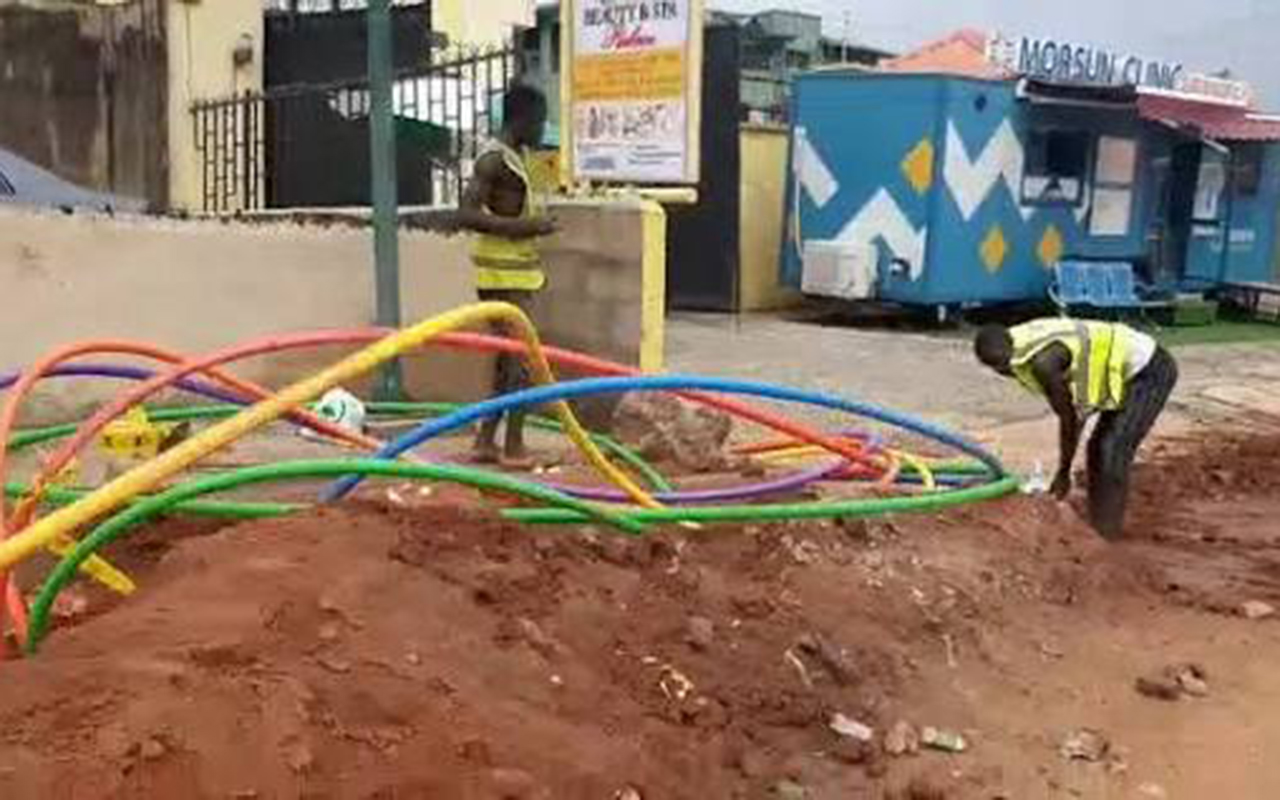Nigeria’s digital infrastructure is expanding rapidly, but key players say growth won’t be enough without collaboration.
At the 15th Africa Peering and Interconnection Forum (AfPIF), leaders from Internet Point of Nigeria (IXPN), Meta, Open Access Data Centres, Equinix, Digital Realty, Airtel Africa, and Rack Centre urged a collective push to localize content, interconnect networks, and future-proof Africa’s data infrastructure.
Meta’s Edge Strategy Manager, Ben Ryall, captured the opportunity, saying: “Nigeria is Africa’s most populous country, with a youthful population hungry for content. There’s a clear split between enterprise users and content-hungry youth – that creates real space for local CDNs and delivery strategies. Yet the economics remain uneven. While transit in Lagos can cost $1 per Mbps, costs in other regions still hover around $30.
On his part, IXPN CEO Muhammed Rudman, recalled: “We reached out to Netflix in 2007. They didn’t see the ROI. Today they’ve landed traffic in Lagos thanks to subsea capacity, but the pricing outside Lagos is still a barrier.”
Rudman added that caching in Lagos alone doesn’t solve the latency problem: “Users in Kano still suffer.”
Fiber fragility remains a threat. Nigeria experienced 13,000 fiber cuts in just 18 months. MTN operates over 25,000km of fiber; the government targets 90,000km. “That’s triple the fiber, triple the risk,” Rudman warned.
He also noted that mobile network operators must begin peering outside Lagos to extend the benefits of interconnection nationwide.
Open Access Data Centres CEO, Dr Ayotunde Coker, called for localised business models. He said, “Africa’s informal economy thrives on sachet pricing. If we offer daily or weekly access, we’ll meet users where they are.”
He also emphasised that colocation providers are evolving, saying: “We’re not just building racks – we’re building ecosystems. Our Kinshasa facility was designed to enable peering from day one.”
“We hold 18 per cent of the global population but just four per cent of global GDP. To close the digital gap, we must close the prosperity gap,” said Coker.
During a related panel on data centers, Rack Centre CEO, Lars Johannisson, underscored that interconnection is the missing link. “We need more IXPs and better ecosystems. You can’t localize traffic without it.”
Equinix West Africa MD, Wole Abu, agreed: “Everyone wants to follow the money – and right now, the demand for data is skyrocketing.”
Africa’s data center boom was framed as not just an infrastructure story but a policy and ecosystem imperative.
Regulatory progress – like tax incentives and clearer licensing – was hailed as a tailwind, but panelists stressed that hyperscaler investment must be matched with improved local interconnection and carrier-neutral platforms.
Dr Krish Ranganath of Africa Data Centres affirmed the region’s readiness for AI workload. He said: “The new facilities being built here are Tier III and IV, global standard and AI-ready.”
But there’s a catch: “It is a classic chicken-and-egg. The ecosystem won’t scale until the investment comes, and the investment won’t come until the ecosystem matures,” said Ikechukwu Nnamani of Digital Realty.
The bottom line, echoed across both panels, was clear: the future of content delivery, AI readiness, and digital competitiveness in Nigeria depends not just on megawatts and fiber miles – but on trust, co-investment, and alignment across the digital stack.






